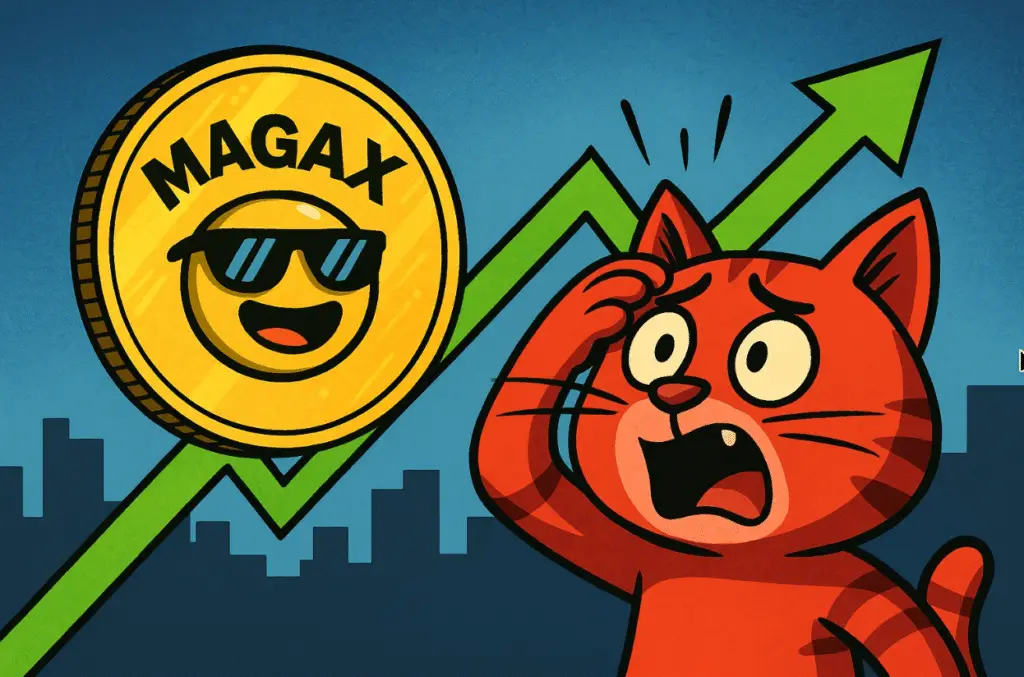Daily Life Paralyzed by Relentless Floods
For millions of Filipinos, flooding has become an exhausting part of everyday life. In low-lying towns near Manila, residents use boats just to reach work, schools, and clinics.
This year’s unusually fierce monsoon has worsened conditions, leaving cars submerged and diseases like leptospirosis spreading rapidly. Many families now only see dry streets for a few weeks each year. Public frustration is boiling over as questions mount about why billions in taxpayer funds have failed to prevent disaster.
Allegations of Corruption in Flood Projects
Anger is now directed at alleged corruption in flood control projects. Filipinos say billions of pesos earmarked for embankments, dams, and drainage systems never materialized. President Ferdinand “Bongbong” Marcos Jr. himself admitted shock when visiting a flood control dam that did not exist. Reports suggest as much as 70% of allocated public funds have been lost to graft. The revelations have ignited protests both online and on the streets.
Public Anger Targets Politicians and Tycoons
Social media platforms like TikTok and Facebook are flooded with criticism of politicians and construction contractors. Citizens allege these groups collude to build “ghost projects” while enriching themselves.
AI-generated videos portraying lawmakers as crocodiles, a Filipino symbol of greed, are going viral. Music, too, has become a protest tool, with Gloc-9’s rap anthem Upuan resurfacing as the soundtrack of outrage. Filipinos say the song perfectly captures their resentment toward leaders who remain detached from their suffering.
Recommended Article: Charlie Kirk Assassination: Text Messages Spark Wave of Conspiracy Theories
High-Profile Contractors Under Scrutiny
Among those under fire are Pacifico and Sarah Discaya, wealthy contractors once admired for their “rags-to-riches” story. Their firm won lucrative flood-control contracts but is now accused of paying kickbacks to lawmakers.
Investigations revealed their luxury lifestyle, including dozens of high-end cars, fueling anger among ordinary Filipinos. Protesters smeared mud on their office gates and spray-painted “thief” in bold letters. Senate and House hearings have since placed the couple at the center of the scandal.
Nepotism and the ‘Nepo Babies’ Backlash
The scandal has widened to include the children of politicians and contractors flaunting wealth on social media. Branded as “nepo babies,” they showcase luxury brands like Dior, Fendi, and Hermes while millions suffer through floods.
Sarcastic comments accuse them of spending taxpayer money on lavish lifestyles. Several have shut down accounts or turned off comments in the face of intense criticism. This online outrage has galvanized anti-corruption campaigns into a powerful cultural movement.
Marcos Government Struggles to Contain Anger
President Marcos Jr. has promised inquiries into the scandals while calling on citizens to protest peacefully. He acknowledged corruption in the awarding of flood projects, even scolding contractors by saying “shame on you.”
The central bank has frozen assets of implicated firms while congressional hearings continue. Yet critics argue that allies of Marcos are also entangled in the controversy. The situation has raised fears of larger unrest reminiscent of past Philippine uprisings.
Calls for Justice and Long-Term Solutions
Filipinos are demanding not only accountability but also genuine investment in flood prevention. Citizens want transparent use of funds for storm drains, levees, and infrastructure that actually works. Some entrepreneurs have adapted—selling rainproof overalls and gear on TikTok—but many see this as a temporary fix. Activists warn that unless systemic corruption is tackled, disasters will only worsen under climate change. With major protests scheduled on historic dates, pressure on the Marcos administration is mounting rapidly.















